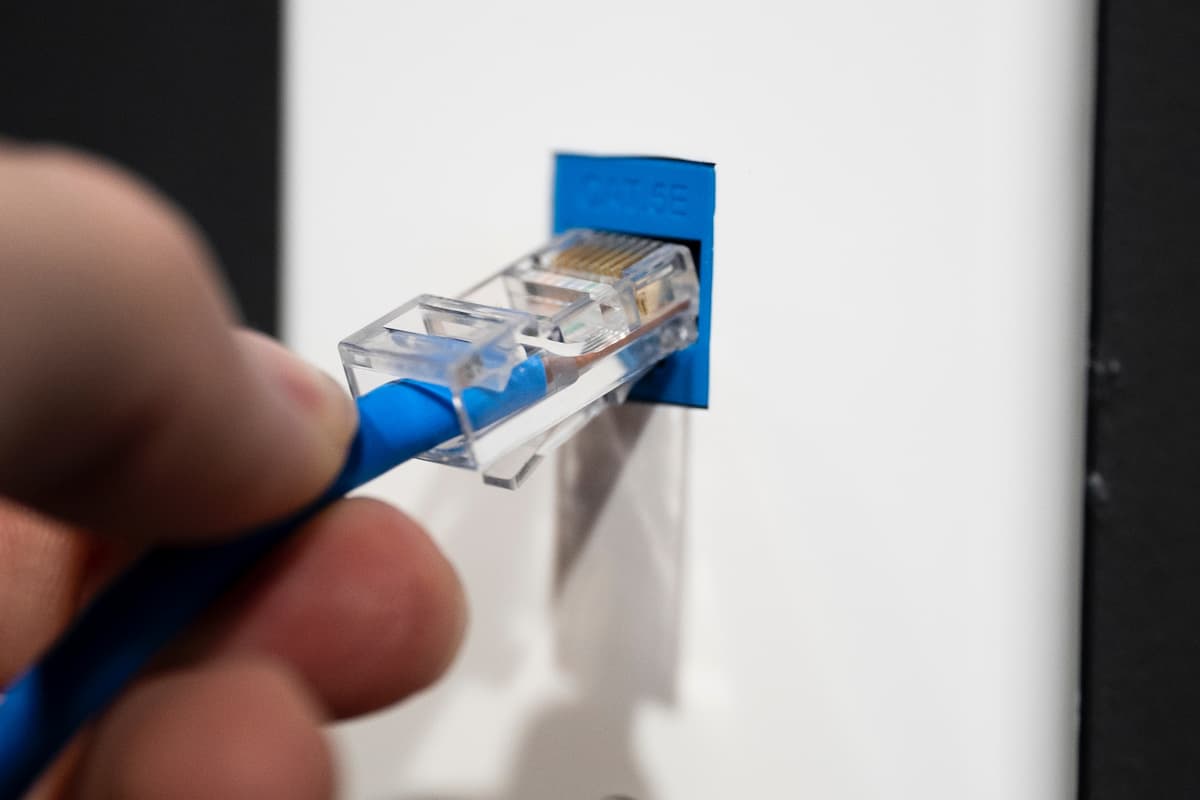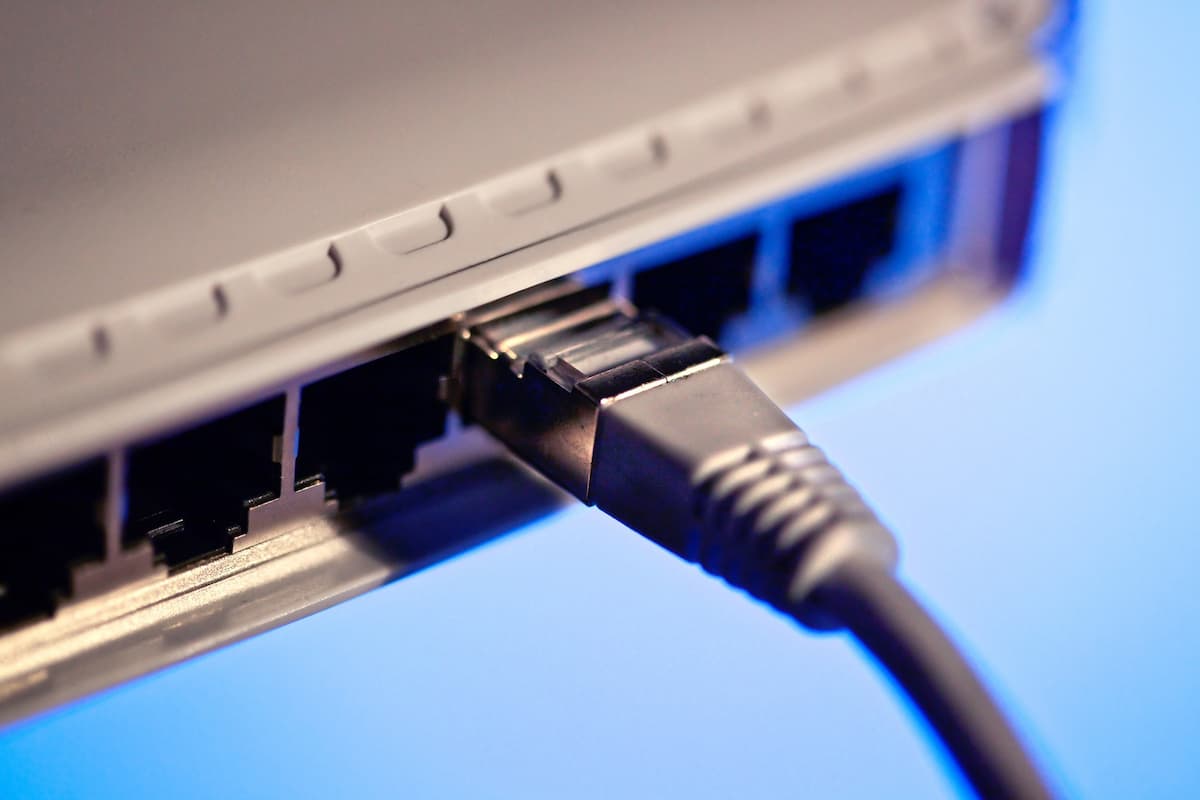Do Hotels Have Ethernet Ports?
When traveling and staying in hotels, having a reliable internet connection is a must-have for most guests.
While Wi-Fi is popular, some people require wired internet or an Ethernet port for faster, more stable connections.
Business travelers, in particular, often prefer Ethernet connections to ensure reliable connectivity during their stay.
Some hotels offer Ethernet ports in their rooms, providing guests with a wired internet option. Wired internet can offer several benefits, including faster speeds, improved security, and reduced latency. However, the availability of Ethernet connections varies depending on the hotel.
This article discusses the pros and cons of using hotel Ethernet and whether it’s better than Wi-Fi.
Key Takeaways
- Ethernet ports are available in some hotels, offering a wired internet option.
- Wired connections can provide faster speeds and improved security compared to Wi-Fi.
- Consider your needs and the hotel’s offerings when deciding between Ethernet and Wi-Fi.
Do Hotels Have Ethernet Ports?

Many hotels offer Ethernet ports in their rooms, especially in more upscale or business-oriented establishments.
Ethernet ports provide a wired internet connection, which can benefit travelers requiring a more stable and faster internet connection for work or personal use.
However, it’s worth noting that with the increasing prevalence of Wi-Fi and the rise of mobile devices, some hotels may prioritize wireless connectivity over Ethernet ports.
Many modern hotels now provide high-speed Wi-Fi as a standard amenity, so while Ethernet ports can still be found in certain hotels, Wi-Fi remains the primary mode of internet access at most properties today.
It’s always good to check with a hotel in advance to confirm the availability of Ethernet ports if you specifically require one.
What Are the Advantages of Hotel Ethernet Ports?
The biggest advantage of using a hotel’s Ethernet port is the speed and stability of wired Internet.
With an Ethernet connection, your device is plugged directly into the hotel’s local area network (LAN), which typically results in more reliable Internet.
Another benefit of wired connections is enhanced security.
Public Wi-Fi can be vulnerable to hackers, while Ethernet connections provide a more secure network.
Additionally, if the hotel uses a VLAN (virtual local area network), it can provide extra protection by creating a separate network for each user.
Guests who wish to protect themselves should consider using a virtual private network (VPN).
Wired connections can also come in handy when using a VPN or accessing certain geo-restricted services.
Ethernet offers a stable connection and lower latency, allowing you to enjoy streaming services or video conferencing without lags or interruption.
What Are the Limitations of Hotel Ethernet Connections?

Although hotel Ethernet connections can provide more stable and potentially faster internet access than Wi-Fi, there can be some limitations.
One primary concern is the network’s security – hackers and potential cyber-attackers could still target hotel LANs, putting your device and sensitive information at risk.
To help mitigate this, use a VPN to encrypt your internet traffic while you’re connected via a hotel’s Ethernet.
It’s also important to note that not all hotels have Ethernet jacks in guest rooms.
Sometimes, the Ethernet ports are located in the hotel’s business center or lobby computers rather than in individual rooms.
Additionally, devices like laptops will need a built-in Ethernet port or a compatible adapter to connect to the LAN network.
Remember to pack an Ethernet cable, as most hotels will not provide one.
(Ethernet cables should have a standard connector to plug into the hotel’s Ethernet port, typically found in the room near the phone jack.)
Moreover, keep in mind that high-speed internet access isn’t guaranteed just because a hotel provides Ethernet connectivity.
There might be limiters, such as bandwidth caps or slow connections, depending on the hotel’s internet service provider and the overall network usage by other guests.
Which is Better: Hotel Ethernet or Hotel Wi-Fi?
When it comes to internet access in hotels, you might be wondering if you should rely on Wi-Fi or an Ethernet connection.
When you’re in a hotel with a stable Wi-Fi network, it’s a convenient option – there’s no need to worry about carrying cables or finding a suitable Ethernet jack, and you can connect multiple devices easily.
However, the downside is that Wi-Fi can sometimes be slower than a wired connection, especially in a hotel with many guests or during peak usage times.
Ethernet connections offer a more consistent and potentially faster internet experience.
You may enjoy less lag when video calling or streaming high-quality content, and Ethernet tends to offer lower latency, which is crucial for online gaming or real-time applications.
Security is another major factor when choosing between Ethernet and Wi-Fi.
Public Wi-Fi networks are just more vulnerable than wired Internet.
The last thing to consider is that many hotels nowadays have Wi-Fi as the primary mode of internet access, and there’s a chance that not all rooms at a property have Ethernet ports.
If you require an Ethernet connection during your next hotel stay, contact the property in advance to verify it’s available.